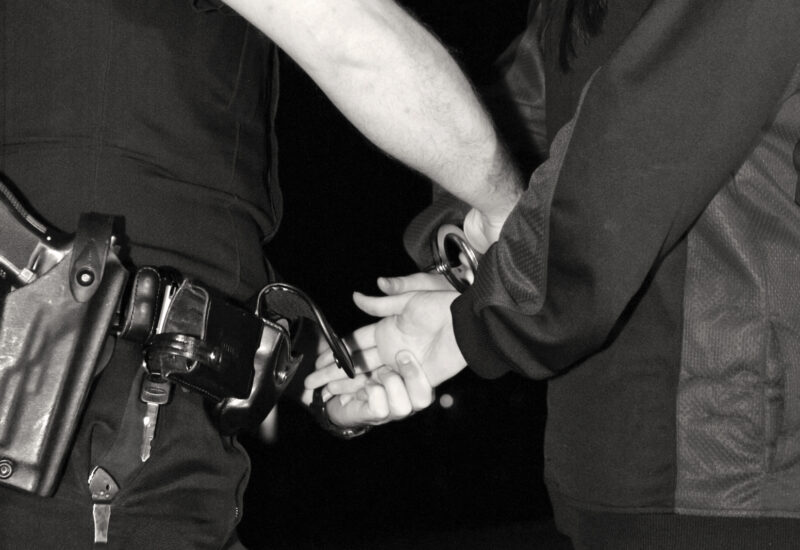
In criminal law, complicity is the act of assisting, encouraging, or soliciting another individual to commit a crime. Common law refers to this as aiding and abetting. One who is complicit in committing criminal conduct is an accomplice. Although an accomplice does not actually commit the crime, their actions help someone in the commission of the crime.
Accomplice liability means an accomplice faces the same criminal liability and culpability as the individual who committed the crime. The penalties for aiding and abetting depend on the underlying crime. For example, if the underlying charge is a misdemeanor, the accomplice, along with the primary perpetrator, will be charged with a misdemeanor. An accomplice cannot be charged with a more serious crime than the primary perpetrator.
To charge someone as an accomplice, the prosecutor must prove the individual had the requisite actus reus and mens rea. This means that the prosecution must prove that the accomplice had the appropriate criminal intent and voluntarily encouraged or assisted during the commission of the offense.
The bar for proving actus reus in an accomplice charge is very low. In some cases, an individual is an accomplice if they had a legal duty to act but did not attempt to prevent the commission of an offense.
In general, a prosecutor must prove the following three elements to convict someone of being an accomplice or an aider and abettor: 1) Another individual committed the crime, 2) The defendant “aided, counseled, commanded, or encouraged” the other person in the commission of the crime and 3) The defendant acted with the requisite mental state in their jurisdiction
Each state’s criminal charges will vary. But typically, if an individual takes an active role in the planning of a crime, they will be charged with conspiracy. A conspirator agrees with others to commit a future crime, while an accomplice assists, in some way, in the actual commission of a crime. Furthermore, conspirators can be guilty even if the underlying crime is not committed.
In the Supreme Court case Pinkerton vs. United States, the Court held that a co-conspirator is liable for any crime committed by the other co-conspirators if (1) the crime falls within the scope of the conspiracy; and (2) the crime was a foreseeable consequence of the conspiracy.
If you or a loved one is in a bind as a result of a criminal charge (drug related or otherwise), immediately contact a Seattle Criminal Attorney. A Criminal lawyer is not going to judge you and understands that everyone makes mistakes. Hiring a Seattle Criminal Lawyer to help can – at a minimum – reduce penalties and can help direct people on how to best deal with their criminal charge, and many times even get them dismissed. So, it should go without saying that someone cited for a misdemeanor or felony should hire a qualified Seattle Criminal Lawyer as soon as possible. Criminal charges can cause havoc on a person’s personal and professional life. Anyone charged with a crime in Washington State should immediately seek the assistance of a seasoned Seattle Criminal Lawyer. SQ Attorneys can be reached at (425) 359-3791 and/or (206) 441-0900


